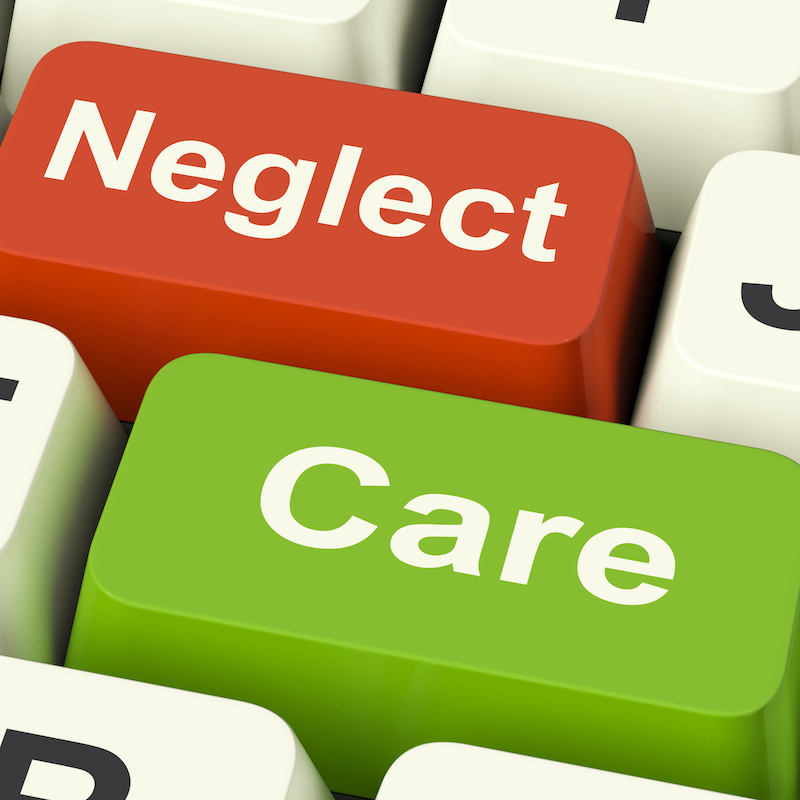Do you know that children have physical needs? OF COURSE, YOU DO! Virtually all parents, and all people, for that matter, understand that children must be fed, clothed, kept warm and sheltered, rested and exercised. Kids need to have all of these needs met in order to physically survive and thrive.
Most people also realize that children have emotional needs. Children need to be loved. But children’s emotional needs actually go far beyond that.
You, when you were a child, needed much more than love from your parents. One of the things you needed the most is something most parents hardly think about if they think about it at all. It’s emotional validation.
Emotional Validation
Emotional validation happens when your parents see what you are feeling, acknowledge your feelings, and seem to understand why you are having them.
Just like adults, children’s feelings are the deepest, most personal, biological expression of who they are. In order to feel seen, understood, and heard, a child must feel that their feelings are seen, understood, and heard.
What happens when you feel seen, understood, and heard as a child? You grow up to feel like a person who is seeable, understandable, and hearable. You feel knowable. You feel valid.
Unfortunately, the opposite is also true. If your parents didn’t have the emotional awareness or emotional skills to see and accept what you were feeling, they may have, perhaps of no fault of their own, failed to validate you.
As a result, you may have grown up to feel unseen, misunderstood, and unheard. You may feel less valid than everyone else.
I call this Childhood Emotional Neglect or CEN.
2 Ways Emotional Validation Can Go Wrong
- The Child’s Threshold of Emotional Need isn’t met. Many people can look back on their childhoods and remember a time when their parents emotionally validated them. But that doesn’t actually mean all that much. Here’s why. In order to grow up feeling seen, understood, and heard, you must be emotionally validated enough. Even the most well-meaning parents can “fail” their child in this way. Your parents may have loved you and tried their best with you, but they may not have had the emotional awareness or skills to meet the threshold that is enough.
- The Child’s Emotions are Actively Invalidated. These parents have a profound misunderstanding of how emotions work in general. Here, your parents may view your feelings as your choice, which is patently wrong, and judge them as a form of bad behavior, which is also patently wrong. Your parents’ false concept of feelings can lead them to actively invalidate your emotions in all kinds of ways. This takes us beyond not getting enough. It is a form of active emotional harm.
10 Ways You May Have Been Emotionally Invalidated as a Child
- Your parents pretend to listen but actually don’t. When this happens enough during your childhood, you learn that you are not worth hearing.
- You have a learning disability or some other challenge that goes unacknowledged. This leads to misunderstandings and incorrect assessments of your strengths and weaknesses and may leave you incorrectly feeling deeply flawed.
- Your parents act like they are your friends instead of your parents. You don’t receive the limits and consequences that you need to have in order to have self-discipline and be able to structure yourself.
- Your feelings are ignored as if they don’t exist. You learn that your feelings are nothing so you build a wall to shield you (and others) from your feelings. You grow up without enough connection to your feelings. This is classic Childhood Emotional Neglect.
- Your natural needs to be seen, heard, and validated go unmet. This teaches you that you are not worth being seen and heard, and you feel less valid than other people.
- A major event in your family or home is never talked about. This may be a large or small event; divorce, illness, or even the death of a parent may be left undiscussed. This leads you to feel deeply alone in the world and also fails to teach you vital emotional expression skills.
- Your emotional expressions are twisted and thrown back at you. This form of gaslighting teaches you that you cannot trust yourself. It also sets you up to struggle with generalized anger throughout your life which you may end up turning at yourself.
- Your parent acts as if you are the parent, not them. When this happens, you learn how to be overly responsible. You are set up to be excessively caretaking of others, putting others before yourself.
- You receive the message that it’s not okay to have needs. Here, you will learn very well how to have no needs. You may feel it’s wrong to ask for help or accept help. Needing help of any kind may make you feel vulnerable.
- You are told that you don’t, or shouldn’t, feel what you feel. Also a form of emotional gaslighting, this teaches you to hide your feelings because they can and will be used against you. It also undermines your ability to trust your emotions or yourself.
Did you see yourself in any of the examples above?
Whether your emotional threshold was not met as a child or your feelings were invalidated (both constitute Childhood Emotional Neglect or CEN), I want you to know that it has left its mark on you. The effects are substantial and significant, and they seldom go away on their own.
But they do go away. With your awareness, attention, interest, and commitment, you can reclaim your valuable emotions and learn to listen to their messages. You can learn to understand, trust, and love yourself.
That is the process of validating yourself. It’s never too late to do it.
Let’s get started.
To learn specific ways to emotionally validate and emotionally connect with your child, toddler, teen, or adult see the book Running On Empty No More: Transform Your Relationships. You can find helpful resources for understanding and healing Childhood Emotional Neglect throughout this website.
To learn more about Childhood Emotional Neglect, see my first book Running on Empty.











